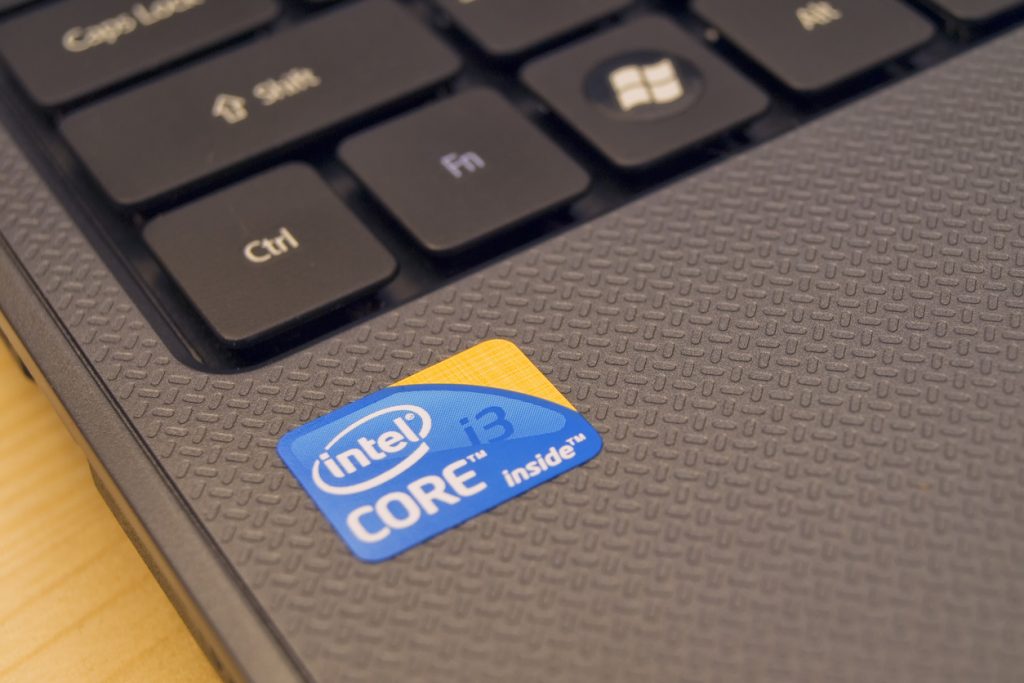Intel Faces Class Action Lawsuit Alleging CPU Defects Were Known Before Release
Intel, one of the world's leading semiconductor companies, is facing a class-action lawsuit alleging that it knowingly sold CPUs with stability issues, specifically in its 13th and 14th Gen Raptor Lake processors. Filed in federal court in California, the suit claims that Intel was aware of serious defects in these CPUs before they reached consumers. If proven, the allegations could have significant consequences for the company, which has been contending with other challenges in recent years.
The Plaintiff’s Experience: Crashes and Unresolved Issues
The lawsuit, initiated by Mark Vanvalkenburgh of Orchard Park, New York, focuses on his experience with an Intel Core i7-13700K CPU, which he purchased from Best Buy in January 2023. According to court filings, Vanvalkenburgh experienced frequent crashes and instability, rendering the processor unreliable. Despite applying Intel’s recommended microcode patch intended to address these issues, Vanvalkenburgh continued to encounter problems with the CPU.
The suit suggests that Vanvalkenburgh’s experience is not isolated but rather part of a broader issue affecting Intel’s Raptor Lake processors. The 13th and 14th Gen processors, known for their high performance, have been widely adopted by consumers and businesses alike. However, reports of stability issues and frequent crashes have circulated, prompting concern among users and now leading to legal action.
Allegations of Knowledge and Concealment by Intel
Central to the case are allegations that Intel was aware of these defects well before the CPUs were released. According to the lawsuit, Intel conducts extensive pre-release and post-release testing, which should have identified the stability issues. The complaint argues that by late 2022 or early 2023, Intel was already aware of significant problems with these processors due to internal testing results, reports from consumers, and press coverage.
The lawsuit claims, “By late 2022 or early 2023, Intel knew of the defect,” citing that Intel’s standard practices, including monitoring return rates and tracking user complaints, should have highlighted the defects in the 13th and 14th Gen CPUs. If true, this suggests Intel may have prioritized pushing the product to market over addressing the issues fully, potentially leading to a costly legal battle over consumer rights.
Intel’s Patch Efforts and Limitations
Intel has since released multiple microcode patches, asserting that the final update resolves the issue. However, the lawsuit highlights that Intel needed several attempts to produce an effective solution. Even then, Intel has conceded that some issues cannot be fully resolved by patches alone. For example, if the CPU’s clock tree circuit has been damaged by voltage spikes, the patch will not restore functionality, and the processor needs to be replaced.
In response to these issues, Intel extended the warranties on its Raptor Lake processors by two years and enhanced its Return Merchandise Authorization (RMA) process to accommodate affected users. While these actions indicate Intel's acknowledgment of the problem, they may not absolve the company from liability if it can be proven that it knowingly sold defective products.
Broader Implications for Intel and Consumer Trust
Intel’s alleged handling of the Raptor Lake CPUs comes at a challenging time for the company. Intel recently faced the symbolic setback of being removed from the Dow Jones Industrial Average, underscoring the broader difficulties the company has faced in an increasingly competitive semiconductor industry. Rivals such as AMD and NVIDIA have been gaining market share, and Intel’s reputation for high-quality products has become a critical differentiator.
The lawsuit could potentially damage consumer trust in Intel’s brand. Many users invest in Intel processors due to their reputation for reliability and performance, often using them in professional and gaming environments where stability is crucial. Allegations that Intel knowingly sold faulty CPUs may have a lasting impact on its reputation, particularly among consumers who expect robust quality control.
Legal Stakes and Potential Outcomes
The lawsuit is seeking damages on behalf of Vanvalkenburgh and other affected consumers who may join the class action. These damages include punitive damages, restitution, disgorgement of profits, and compensation for the affected customers. The suit aims to ensure that all affected consumers are compensated for the alleged faulty processors and the inconvenience caused by the instability issues.
One of the key points in the lawsuit is whether Intel’s actions constitute a breach of consumer protection laws by knowingly selling products with inherent flaws. If it is proven that Intel was aware of the defects but chose to proceed with sales, the case could lead to significant financial penalties and compel Intel to modify its product testing and release processes.
What’s Next: Possible Legal Strategies and Consumer Response
As the case progresses, Intel faces a decision on how to approach the lawsuit. The company could opt for an aggressive legal defense, challenging the allegations in court, or it might consider a settlement to avoid prolonged negative publicity. A court ruling in favor of the plaintiffs could set a precedent, potentially influencing future cases related to product quality and consumer rights.
For consumers, the lawsuit highlights the importance of transparency and accountability in the tech industry, especially for products integral to daily life and professional work. If the court finds Intel liable, it could encourage consumers to demand higher standards for quality assurance and transparency from other tech companies.
The outcome of this case could have far-reaching implications for both Intel and the broader industry. Whether Intel will seek a settlement or fight the allegations remains to be seen, but the company’s response to these claims will likely influence consumer perceptions and impact its standing in the highly competitive semiconductor market.
As the lawsuit unfolds, industry watchers, consumers, and stakeholders will be paying close attention to see whether Intel’s handling of this issue prompts changes to quality control standards across the tech sector.





















